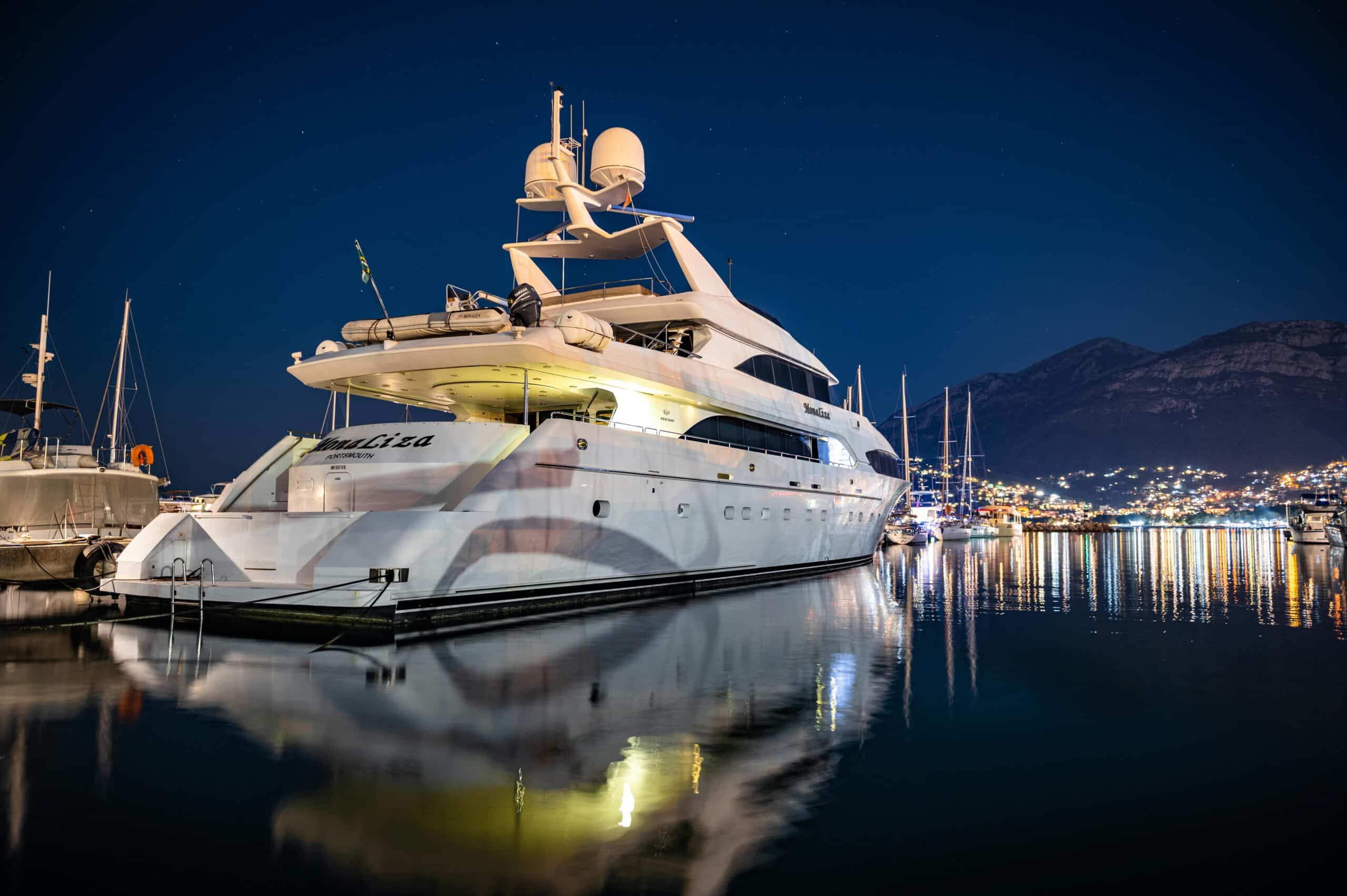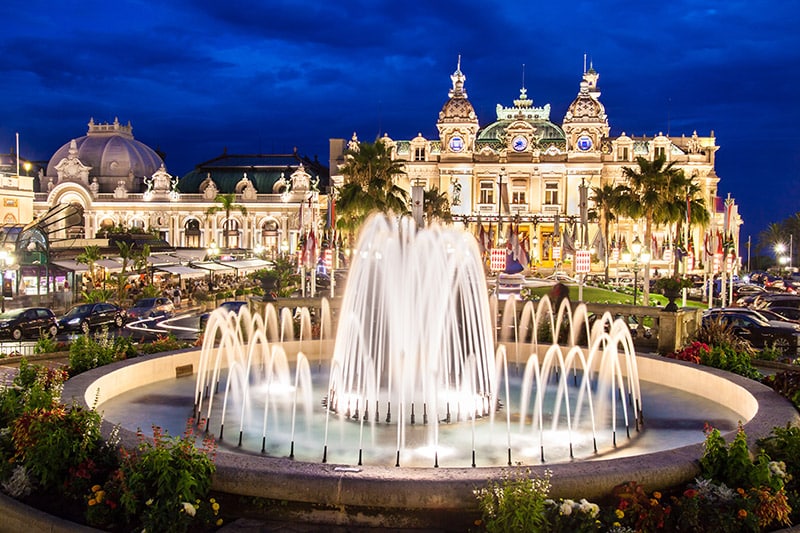Monaco, the glamorous microstate on the Mediterranean coast, often raises questions about its sovereignty and relationship with neighboring France.
Despite its close proximity and historical ties to France, Monaco is an independent sovereign state with its own government, laws, and diplomatic relations.
Let’s explore the fascinating relationship between Monaco and France, clarifying this common misunderstanding once and for all.
Monaco’s Sovereign Status
Monaco is officially known as the Principality of Monaco and is one of the world’s smallest independent nations, covering just 2.02 square kilometers (0.78 square miles). It is a constitutional monarchy ruled by the House of Grimaldi, with Prince Albert II as the current head of state. Monaco has been a sovereign nation since 1861, when it gained independence from the Kingdom of Sardinia.
The country maintains its own political institutions, including:
- A sovereign prince as head of state
- The Council of Government, which functions as the executive branch
- The National Council, a unicameral legislature
- An independent judicial system
As a recognized sovereign state, Monaco issues its own passports, has its own flag, and maintains diplomatic relations with other countries. It’s also a member of the United Nations, having been admitted in 1993.
Historical Relationship with France
Though independent, Monaco’s history is deeply intertwined with that of France. The historical connection dates back to 1297 when the Grimaldi family first established itself as the ruling dynasty. Throughout the centuries, Monaco has navigated complex relationships with various powers, including France.
In 1861, Monaco officially gained recognition as an independent state through the Franco-Monegasque Treaty. This treaty established Monaco as a sovereign state while maintaining certain connections to France. The relationship evolved further with the 1918 Treaty of Versailles, which acknowledged Monaco’s independence but noted that it should align its policies with French interests.
Modern Franco-Monegasque Relations
Today, the relationship between Monaco and France is defined by the 2002 Treaty of Friendship and Cooperation, which updated the previous treaties. Under this arrangement:
- Monaco maintains full sovereignty
- France respects Monaco’s territorial integrity
- France represents Monaco’s diplomatic interests in countries where Monaco has no diplomatic mission
- Monaco consults with France on major international policy issues
- The Euro is the official currency of Monaco, by agreement with the European Union
Despite these close ties, Monaco has its own unique legal system and sets its own laws and taxes independently of France.
Defense and Security
One area where the relationship between Monaco and France becomes particularly notable is defense. Monaco, with its tiny land area and small population, relies on France for defense and security assistance. The defense agreement stipulates that France is responsible for Monaco’s defense in case of external threat.
Monaco does maintain its own police force, the Police Municipale, which handles day-to-day law enforcement within the principality. The force is well-equipped and trained to manage security needs in ordinary circumstances, though it would receive support from French forces in a major crisis.
Citizenship and Border Considerations
Monaco has its own citizenship laws, distinct from those of France. However, due to the special relationship between the two countries, there are some unique provisions:
- Monegasque citizens are not considered French citizens
- There are no formal border controls between France and Monaco
- Visitors to Monaco from outside the Schengen Area must meet the same visa requirements as for entering France
The absence of visible border controls sometimes contributes to the perception that Monaco is part of France, but this is simply a practical arrangement similar to what exists between many European countries in the Schengen Area.
Economic Ties
Economically, Monaco and France share many connections, though Monaco maintains its own distinct economic policies. The economic relationship includes:
- A customs union, meaning goods move freely between the two countries
- The use of the Euro as currency
- Special tax agreements that affect residents of both countries
- French workers make up a significant portion of Monaco’s workforce
Monaco’s famous tax advantages, including no income tax for most residents, have made it an attractive destination for wealthy individuals. This policy difference from France underscores Monaco’s status as a separate sovereign entity with control over its own fiscal policy.
Cultural Similarities and Differences
Culturally, Monaco shares many similarities with France. French is the official language, and Monegasque culture shows strong French influences in cuisine, arts, and lifestyle. However, Monaco also maintains its own unique cultural identity, with traditions specific to its history and geography.
The Grimaldi family has been instrumental in developing Monaco’s distinct cultural scene, including the Monte Carlo Opera, the Monaco Philharmonic Orchestra, and numerous museums and cultural events that give Monaco its own cultural character, separate from that of France.
Common Misconceptions
Several factors contribute to the misconception that Monaco is part of France:
- The geographical location, completely surrounded by France (except for the Mediterranean coast)
- The widespread use of the French language
- The absence of visible border controls
- Shared membership in some international organizations
- Monaco’s small size, which sometimes leads to its being overlooked in geographic discussions
However, understanding the distinct legal and political status of Monaco is important for anyone dealing with international affairs, travel, or business in the region.
Conclusion
While Monaco maintains extremely close ties with France and the two countries cooperate on many matters of mutual interest, Monaco is unequivocally an independent sovereign state with its own government, laws, and international status. Its unique position as one of the world’s smallest countries, combined with its special relationship with France, creates a fascinating case study in international relations.
For tourists visiting the French Riviera, the transition between France and Monaco might seem seamless, but when crossing into Monaco, you are indeed entering a different country – a tiny principality that has maintained its independence and unique character through centuries of European history and politics.
Disclaimer: This post contains affiliate links. If you make a booking or purchase through them, I will make a small commission at no extra cost to you.



![Top 10 Things To Do in Monaco in May [2025] 3 things to do in monaco in winter](https://yourmonaco.com/wp-content/uploads/2023/11/cityscape-of-monaco.jpg)
